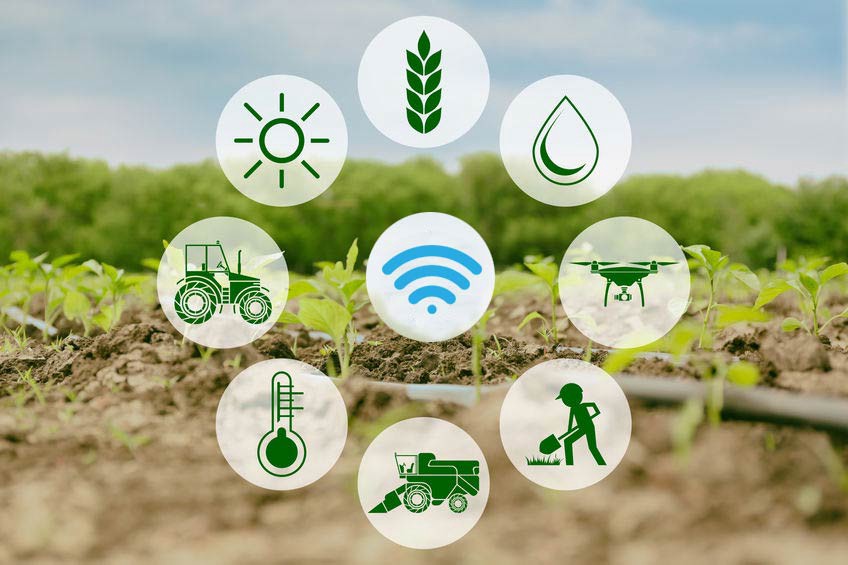Physical Address
304 North Cardinal St.
Dorchester Center, MA 02124
Physical Address
304 North Cardinal St.
Dorchester Center, MA 02124

The Internet of Things (IoT) has been around for a few years now, and businesses have been finding more and more ways to use it to their advantage.
The agriculture industry is no different; many farmers are starting to adopt IoT technologies to help them with their farming.
There are several benefits that IoT can bring to the agriculture industry, from increased efficiency to improved crop yield.
In this post, we’ll take a look at how IoT is being used in farming and some of the benefits that come with it to answer all of your questions.
What Is IoT?
The Internet of Things, or IoT, refers to the interconnectedness of physical devices and objects that can collect and transfer data over a network.
In other words, it’s a world where everything is connected.
The potential of IOT is huge – it could revolutionize our way of working and living by allowing us interaction with the environment around us in many new and exciting ways.
For example, we might be able to control our homes using our voices or gestures or receive real-time updates on the status of our appliances.
The IoT can track inventory levels, optimize resources, and improve safety in the workplace. And in transportation, the IoT can help us avoid traffic jams and find parking spots more easily.
The possibilities are endless. So how does it all work?
Each device or object is equipped with sensors and connected to a network (typically the internet). This allows data to be collected and transmitted to a central location for analysis.
By understanding patterns and trends, we can make better decisions about how to live our lives. However, it’s important to note that the IoT is still in its early stages of development.
Many challenges need to be addressed before it can reach its full potential.
But if we’re able to overcome these challenges, the IoT has the potential to change our world for the better.
How Does IoT Help with Worm Farming?
Worm farming for profit has become a popular way to earn extra income, and the internet of things has made it easier to start. IoT-enabled worm farms can be monitored remotely so that farmers can track temperature, moisture, and other conditions from anywhere.
This data can optimize conditions for maximum worm growth and troubleshoot problems if they arise. In addition, IoT worm farms can be automated to some extent, freeing up farmers to focus on other tasks.
For example, automated feeders can ensure that worms are fed regularly, and automatic drainage systems can keep the farm tidy and prevent flooding.
The Benefits of Using IoT in Agriculture
There are many benefits to using IoT in agriculture for worm farming. Some of these benefits include:
Using IoT in agriculture, we can further improve the sustainability of worm farming practices.
The Future of IoT and Agriculture in Worm Farming
Worm farmers can increase their chances of success by taking advantage of the latest IoT technology.